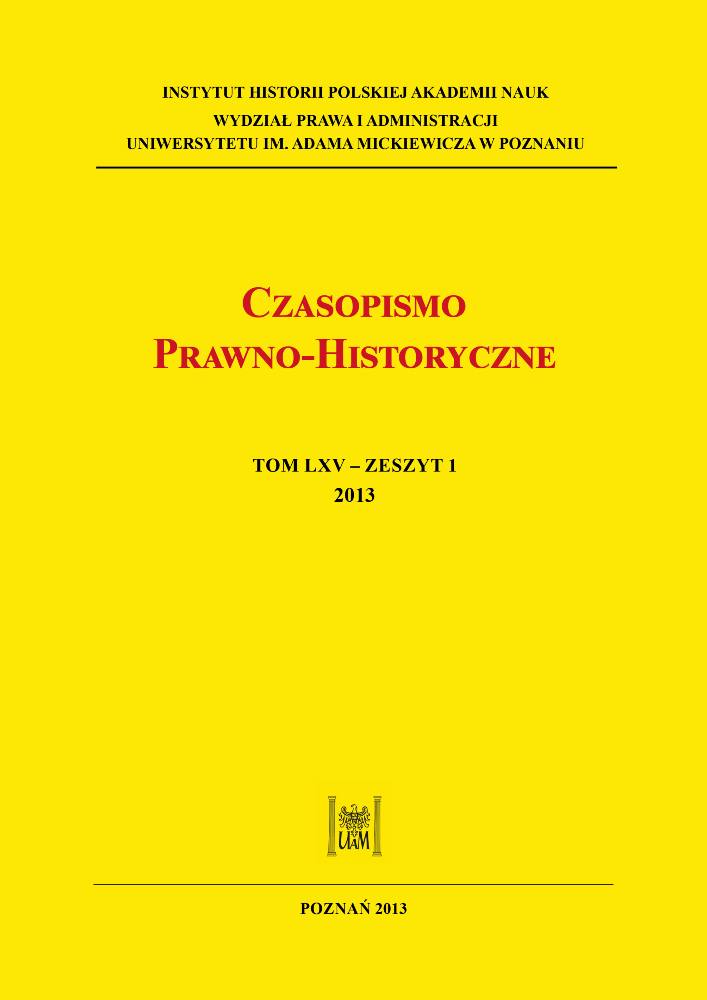Abstrakt
The interest in Republican thought is on the increase again, now chiefl y thanks to the works of Quentin Skinner and the circle of so-called neo-Republicans (or civic Republicans) concentrated around Phillip Petit. They stress the peculiar perspective that Republicans have had on the state and society. This is seen in their distinctive view of freedom as the absence of domination, or attachment to the category of citizenship and the related role of civic virtues. These special characteristics justify, in their opinion, distinguishing the Republican trend of political thought (historically and now) from other positions, especially the liberal tradition. Accepting generally the above opinion, the paper draws our attention to signifi - cant differences within Republicanism itself. To do this, it cites the three conceptions of republic that were formed in the 16th century and refer to England (Sir Thomas Smith), Venice (Gasparo Contarini) and Poland (Wawrzyniec Goślicki). Although they were formed around the same time and have common roots mainly in Aristotle’s philosophy and Roman Republican ideas, each of the three perspectives views the republic from a different angle. While all three authors believe the coexistence of three elements – orderly institutions, wise law and virtuous citizens – to be crucial for any state, they rely in their deliberations on one element only. This has an impact on the way their conceptions fi nally appear and on the conclusions for the political system they draw. And so, Smith gives precedence to institutions, Contarini emphasises the key role of law and Goślicki gives primacy to virtue, concentrated in an ideal senator. Taking notice of such differences among thinkers openly admitting to an attachment to the Republican tradition should make us even more careful so as not to oversimplify it as if it were uniform and completely cohesive. Further, the awareness of such differences may provoke refl ection how justifi ed the use of the Republican banner is in respect of so different authors as, for instance, Machiavelli and Montesquieu.
Licencja
Copyright
© 2013 Wydział Prawa i Administracji UAM w Poznaniu
OPEN ACCESS




